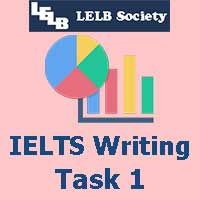Behaviorism in Language Learning | TESL Issues
Behaviorism Behaviorism Empirical studies were primarily descriptive and totally objective in nature. In the late 1960s and 1970s, a growing consensus was reached that behaviourist theories of L2 learning were inadequate. L2 learners, like L1 learners, were credited with a ‘built-in-syllabus’ (Corder, 1967), which guided their progress. According to the behaviourist hypothesis, the mind of…
